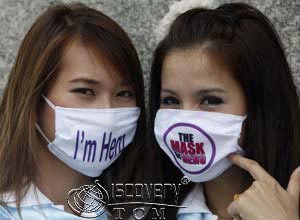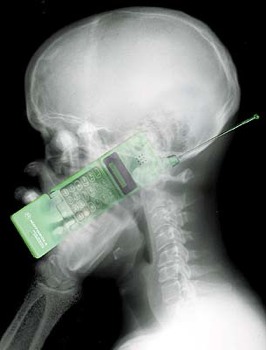
Drink To Your Health
[media id=15 width=500 height=400]
Scientists have found a substance in red wine that is slowing down the aging process in mice. Will it someday lengthen the lives of humans, too? Morley Safer reports.
Ingredients
Generally energy drinks include methylxanthines (including caffeine), vitamin B and herbs. Other common ingredients are guarana, acai, and taurine, plus various forms of ginseng, maltodextrin, carbonated water, inositol, carnitine, creatine, glucuronolactone and ginkgo biloba. Some contain high levels of sugar, and many brands also offer artificially-sweetened ‘diet’ versions. The central ingredient in most energy drinks is caffeine, the same stimulant found in coffee or tea, often in the form of guarana or yerba mate.
The average 237 milliliter (8 fluid ounce) energy drink has about 80 mg of caffeine, with 480 mL (16 fl. oz.) drinks containing around 150 mg.
Desirable effects
A variety of physiological and psychological effects attributed to energy drinks and/or their ingredients have been investigated.
Two studies reported significant improvements in mental and cognitive performances as well as increased subjective alertness. Excess consumption of energy drinks may induce mild to moderate euphoria primarily caused by stimulant properties of caffeine and may also induce agitation, anxiety, irritability and insomnia. During repeated cycling tests in young healthy adults an energy drink significantly increased upper body muscle endurance. It was also suggested that reversal of caffeine withdrawal is a major component of the effects of caffeine on mood and performance.
Restorative properties were shown by a combination of caffeine and the sugar glucose in an energy drink, and some degree of synergy between the cognition-modulating effects of glucose and caffeine was also suggested. In one experiment, a glucose-based energy drink (containing caffeine, taurine and glucuronolactone) was given to eleven tired participants being tested in a driving simulator. Lane drifting and reaction times were measured for two hours post-treatment and showed significant improvement.
Two articles concluded that the improved information processing and other effects could not be explained in terms of the restoration of plasma caffeine levels to normal following caffeine withdrawal.
Adverse effects
Caution is warranted even for healthy adults who choose to consume energy beverages. Consumption of a single energy beverage will not lead to excessive caffeine intake; however, consumption of two or more beverages in a single day can. Other stimulants such as ginseng are often added to energy beverages and may enhance the effects of caffeine, and ingredients such as guarana themselves contain caffeine. Adverse effects associated with caffeine consumption in amounts greater than 400 mg include nervousness, irritability, sleeplessness, increased urination, abnormal heart rhythms (arrhythmia), and stomach upset. The concentration of sugar in a sports drink is recommended to be 6-7% carbohydrate to allow maximum absorption and minimize spikes and crashes in blood sugar. Higher concentrations such as those seen in energy drinks will slow fluid absorption into the blood and energy system, increasing the possibility of dehydration. When a high level of sugar is in the blood stream the body cannot get the water into the cells that it needs because the water is busy trying to dilute concentration of sugar in the blood stream. The actual number of people suffering from adverse effects is difficult to measure since many cases go unreported.
In the United States, energy drinks have been linked with reports of nausea, abnormal heart rhythms and emergency room visits.The drinks may cause seizures due to the “crash” following the energy high that occurs after consumption.Caffeine dosage is not required to be on the product label for food in the United States, unlike drugs, but some advocates are urging the FDA to change this practice.
Until 2008, France banned the popular energy drink Red Bull after the death of eighteen-year-old Irish athlete Ross Cooney, who died as a result of playing a basketball game after consuming four cans of the drink The French Scientific Committee (J.D. Birkel) concluded that Red Bull has excessive amounts of caffeine. Denmark also banned Red Bull. Britain investigated the drink, but only issued a warning against its use by pregnant women and children.
Drink , Drink Health, Drink Health Latest, Drink Health Information, bealthy breakfast Health information, Drink Health Photo, Drink Health Latest, Drink Health latest, Drink Health Story, Drink Health story, Drink Video, Drink video, Drink Health History, Drink Health history, history, Drink Asia, Drink asia, Drink Gallery, Drink gallery, Drink Photo Gallery, Drink photo gallery, Drink Picture, Drink picture, Drink Web, Malaysia Health, web Health, picture, video photo, gallery, laparoscopy, virus, flu, drug, video, photo, nutrition, symptoms, surgery, operation, bf1, CBS, News, 60, Minutes, Morley, Safer, Wine, Resveratrol





